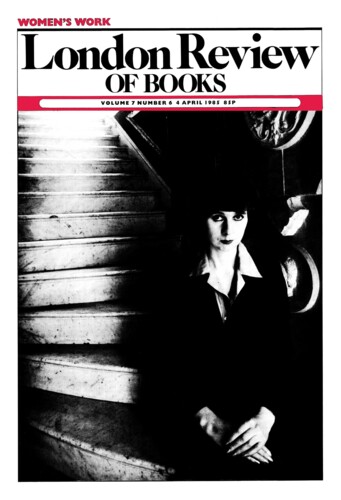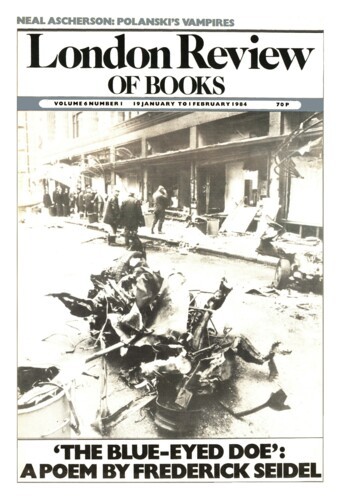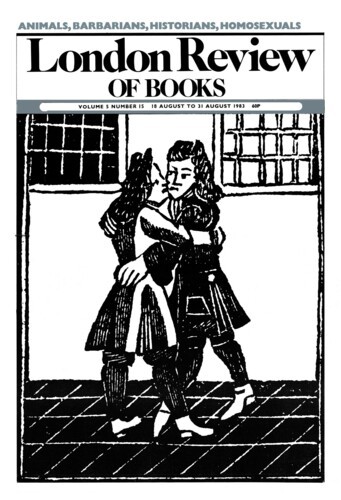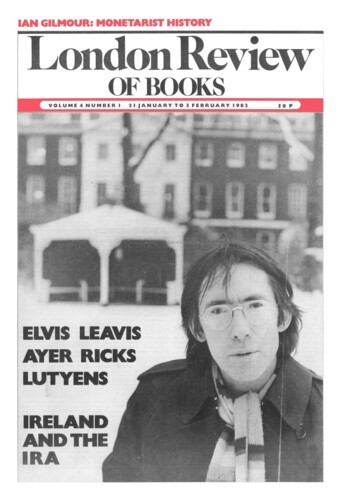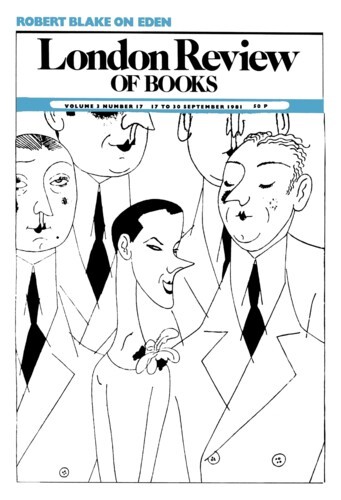It is impossible not to like Matthew Arnold now that we know him so well. There is no stereotyped Victorian sage in this excellent biography, which is a joy to read, nor are there stereotyped fathers, mothers, sisters, brothers or friends. Yes, the formidable Dr Arnold used the cane, and there was solitary confinement of sorts for sons who wilfully refused to do their lessons. Half-knowing medical men of distinguished metropolitan status did invent mechanical appliances for correcting bone deficiencies that resembled leg-irons fastened on captives. Yes, sisters doted on brothers and followed their careers anxiously, not being given similar opportunities for self-expression through gainful employment. Yes, the Victorian world was filled with status-seekers who complained incessantly about income and nursed social slights while prattling on about duty. Yes, the young Matthew Arnold, even the aging, egregiously corpulent Matthew Arnold, was a dandy who enjoyed titles, women in smart attire, the company of a Rothschild, the compliments of Disraeli, the wealth of a Hudson River estate (where in 1883 he went to see Delanos and Astors), and yes, it mattered to him that his famous lecture tour of the United States netted upwards of £1000, since he was perpetually in debt. Yes, Victorian biographers, memoirists, members of the family worried about propriety and suppressed unflattering information. Sometimes we may forgive them. Arnold’s wife Fanny Lucy (‘Flu’) struck out all favourable references to herself – exactly why? At other times we encounter outright lies or convenient omissions. Matthew skipped out on his sister Jane’s wedding to William Forster of the landmark Education Act. Forster’s personal style was flat, but Matthew was also jealous of his political success. Still, he did not give his sister away – in the Lake Country ‘with the great fells standing sentinel’, as family propaganda put it – because he was chasing his future wife abroad.
It is impossible not to like Matthew Arnold now that we know him so well. There is no stereotyped Victorian sage in this excellent biography, which is a joy to read, nor are there stereotyped...
